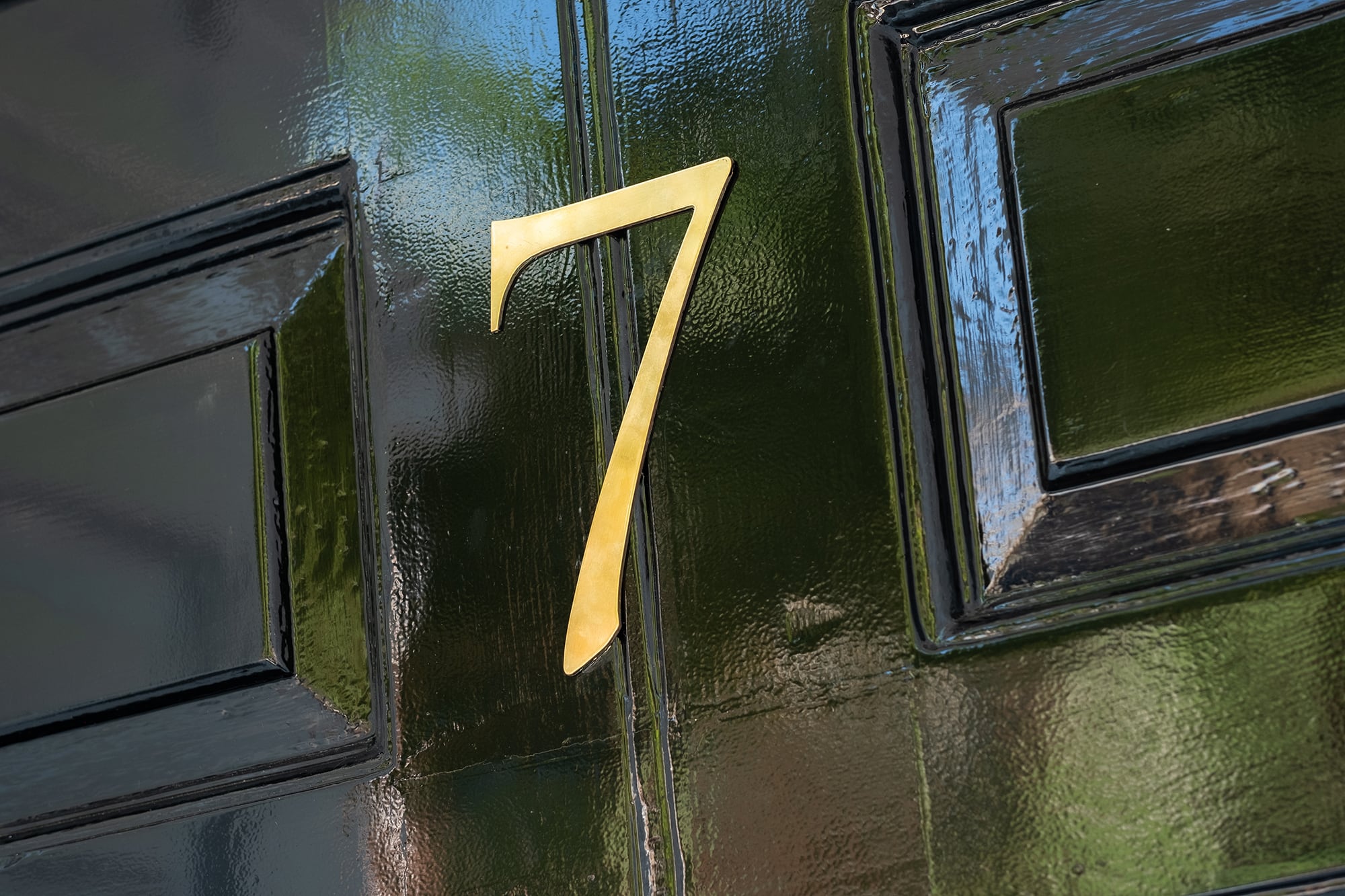
The Court of Appeal has delivered Judgment following complex and hard fought appeals against Confiscation Orders made against defendants convicted of Money Laundering, Bribery and Perverting the Course of Justice. Ben Isaacs was instructed for the Crown throughout proceedings. The appeal was brought on numerous grounds relating to the application of the life-style assumptions in section 10 of the Proceeds of Crime Act 2002, the approach needed to avoid double-counting of criminally obtained property and the calculation of the market value of realisable assets.
In endorsing the Crown’s submissions on the correct interpretation of section 10(2) of the Act the Court of Appeal said as follows: ‘As Mr Isaacs pointed out in his written submissions, if [the appellants’] argument and interpretation were correct it would mean that any conversion of criminally obtained property would frustrate the confiscation regime. For example, he says, a defendant may use the proceeds of a fraud to buy a Lamborghini. If he then sells the Lamborghini in an arm’s-length transaction, the proceeds of sale are plainly not to be excluded from the benefit figure merely because they were transferred to the defendant as a result of a legitimate sale, rather than the original fraud. We agree with Mr Isaacs’ analysis that this ground of appeal would undermine the whole principle and process of tracing, which is a crucial element of the confiscation regime and enshrined in section 80(3) of the Act.’
Also of interest and of potentially significant wider impact was the Court’s approach to the application of the credit provisions to jointly obtained criminal property. Agreeing with Mr Isaacs, the Court observed that the case was a good example of the kind of situation where the normal credit provisions should not apply and that, per the Supreme Court case of Ahmad, orders made on the basis of lifestyle assumptions will require special consideration on their facts.
The judgment is available at https://www.bailii.org/ew/cases/EWCA/Crim/2020/1387.html
For help or advice please call +44 (0)20 7242 3555 or complete the form below
A member of the Clerking team will help you resolve your request.
Frequently asked questions
Do you have an out of hours number?
Yes, please call Chambers mainline number +44 (0)20 7242 3555 and you will be directed to the out of hours phone lines.
How can I find out whether 7BR can take my case?
As a direct access client, please visit our direct access page and complete the initial form, a member of the clerking team will then be in touch to discuss the next steps.
Will my barrister deal with all the correspondence?
Some barristers have the ability to “conduct litigation” for direct access clients. Our clerks will be able to assist you as to which of our members are trained and accredited to do so.
How do I instruct a barrister?
Please visit our direct access page for the initial steps on instructing a barrister, or contact our clerks on +44 (0)20 7242 3555.



